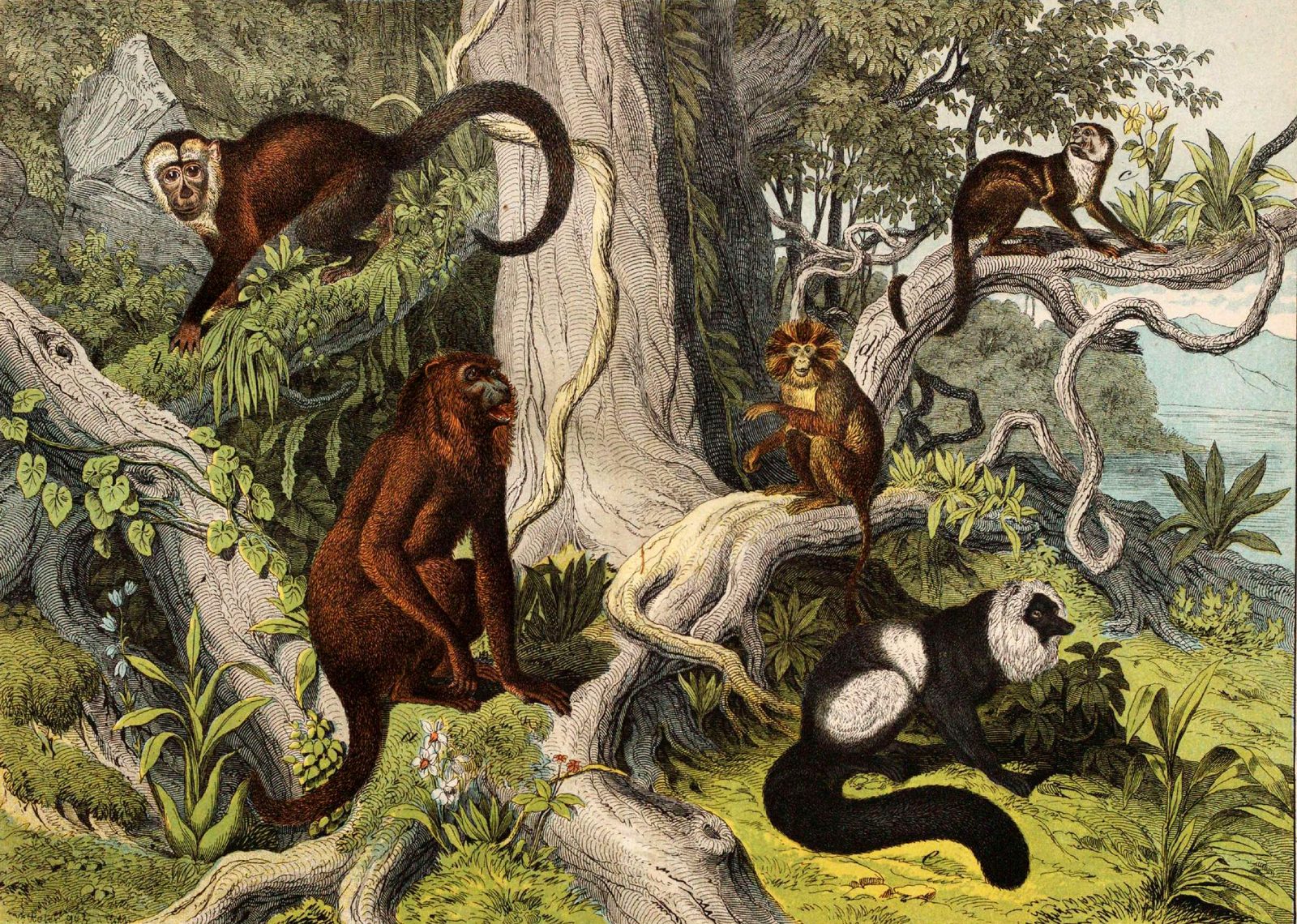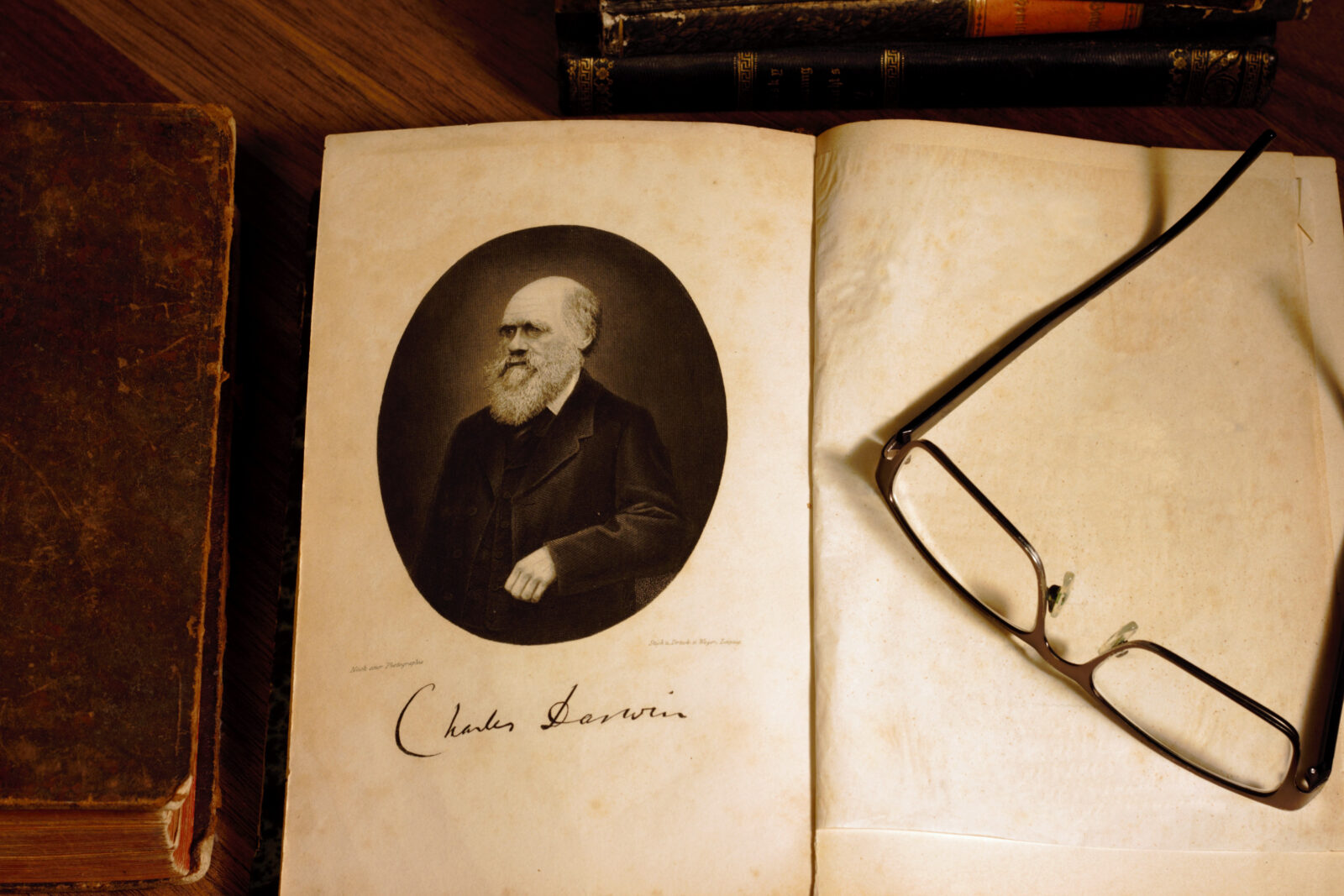


Richard Sternberg on the Trail of the Immaterial Genome
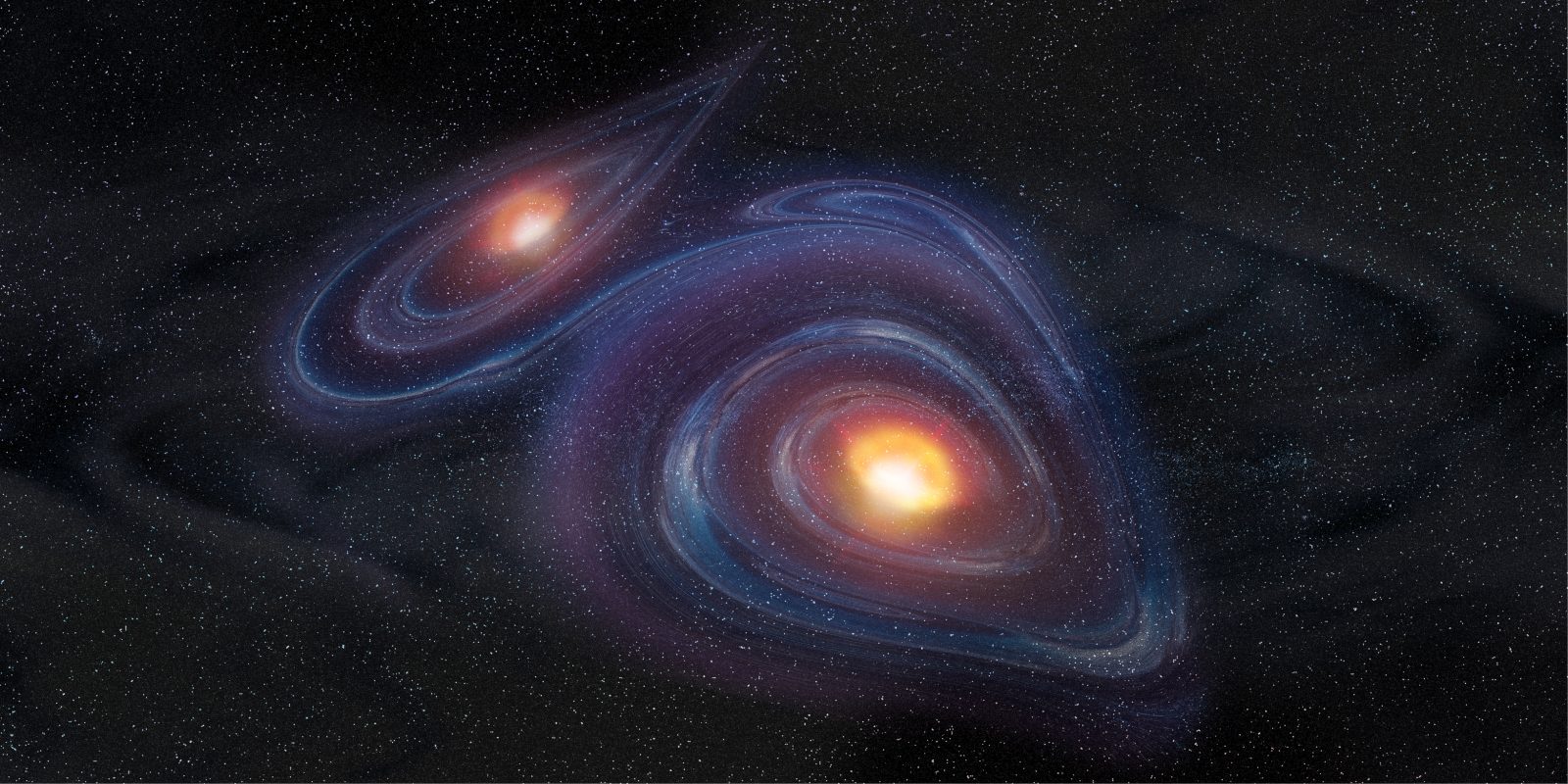
Paul Nelson on Freeing Minds Trapped in a Naturalistic Parabola
On this ID the Future from the vault, philosopher of biology Paul Nelson continues sharing with host Andrew McDiarmid about pursuing intelligent design theory in a science culture committed to naturalism. As Nelson puts it here, it’s about trying to communicate with scientists who are trapped in a “naturalistic parabola.” That parabola sets the rule and defines the boundaries for science: naturalistic answers only. And it extends to infinity, so no finite number of objections or counter-examples can force naturalistic scientists out of it. Nelson, however, offers an alternative strategy for drawing them out of the parabola.
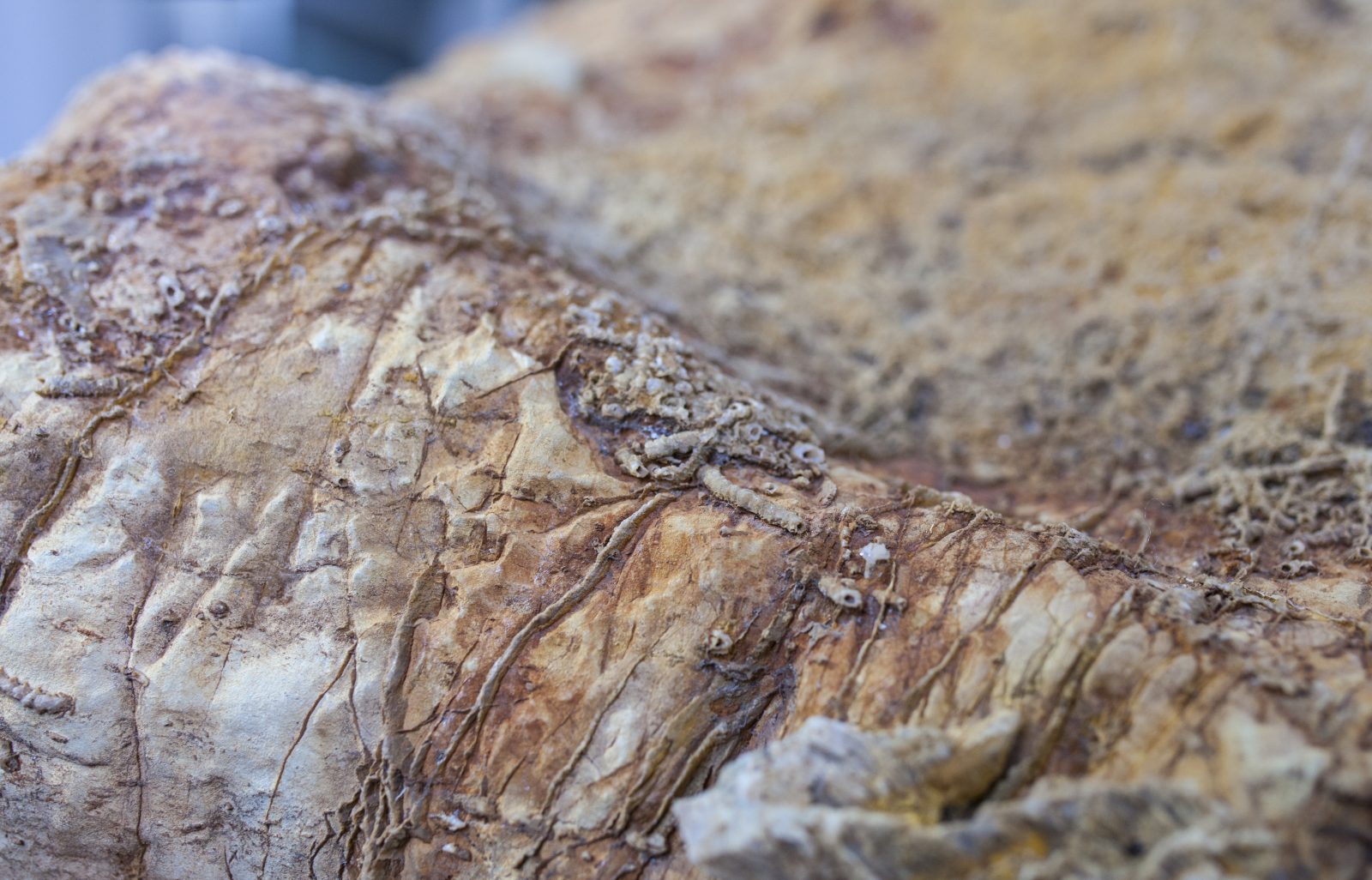
The Demise of the Artifact Hypothesis

Scott Turner on Purpose in Nature, Part 2
On this episode of ID the Future from the vault, Rob Crowther continues his conversation with J. Scott Turner, biologist at the State University of New York (SUNY), visiting scholar at Cambridge University, and author of the new book Purpose and Desire: What Makes Something “Alive” and Why Modern Darwinism Has Failed to Explain It. Turner critiques evolutionary biology’s bias toward mechanistic and gene-centric thinking, and contemporary biology’s failure to come to grips with the evidence of purpose and intentionality at many levels of biology. Viewing the brain as a computer, for example, obscures many things about the brain and the mind that exceed computers, both quantitatively and qualitatively.
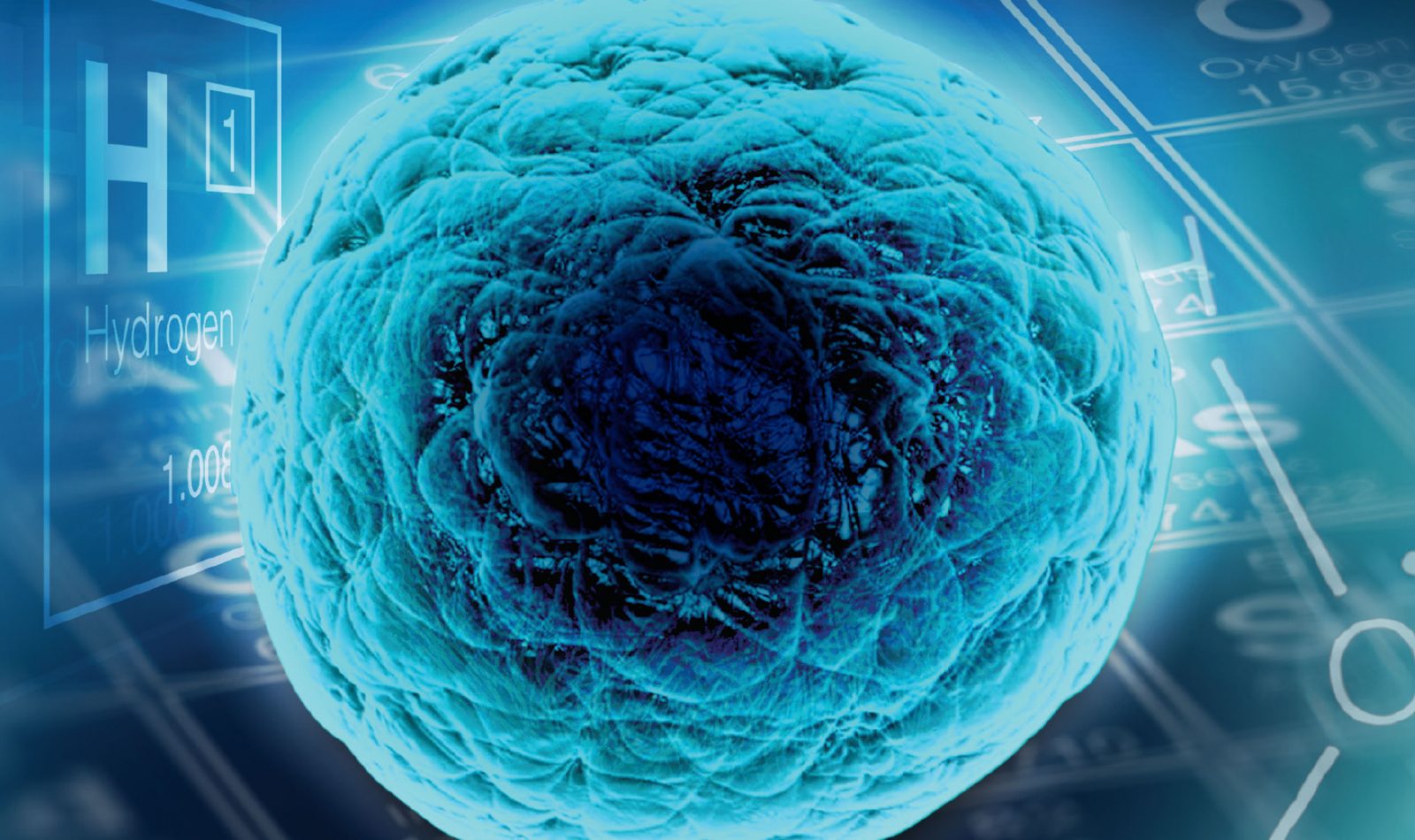
A Reading from Michael Denton’s New Book, The Miracle of the Cell
On this episode of ID the Future, Andrew McDiarmid reads an excerpt from the new book The Miracle of the Cell by Michael Denton. Denton, a biochemist from Perth, Australia, and senior fellow of Discover Institute’s Center for Science and Culture, introduces the wonders of the cell as “the universal constructor set of life.” The diversity of cells — their variety of form, function, and locomotion — is beyond describing, with some cells almost seeming sentient, even ingenious. As Denton notes, our growing knowledge of the cell’s staggering sophistication has provoked the name “the third infinity.” And this quick flyby of the cell is just an excerpt from the book’s introductory chapter. There Denton lays the groundwork for the book’s deeper dive into the extraordinary fine tuning of the chemical elements of life, a prior fitness that, according to Denton, points not only to intelligent design but to “a primal blueprint.”
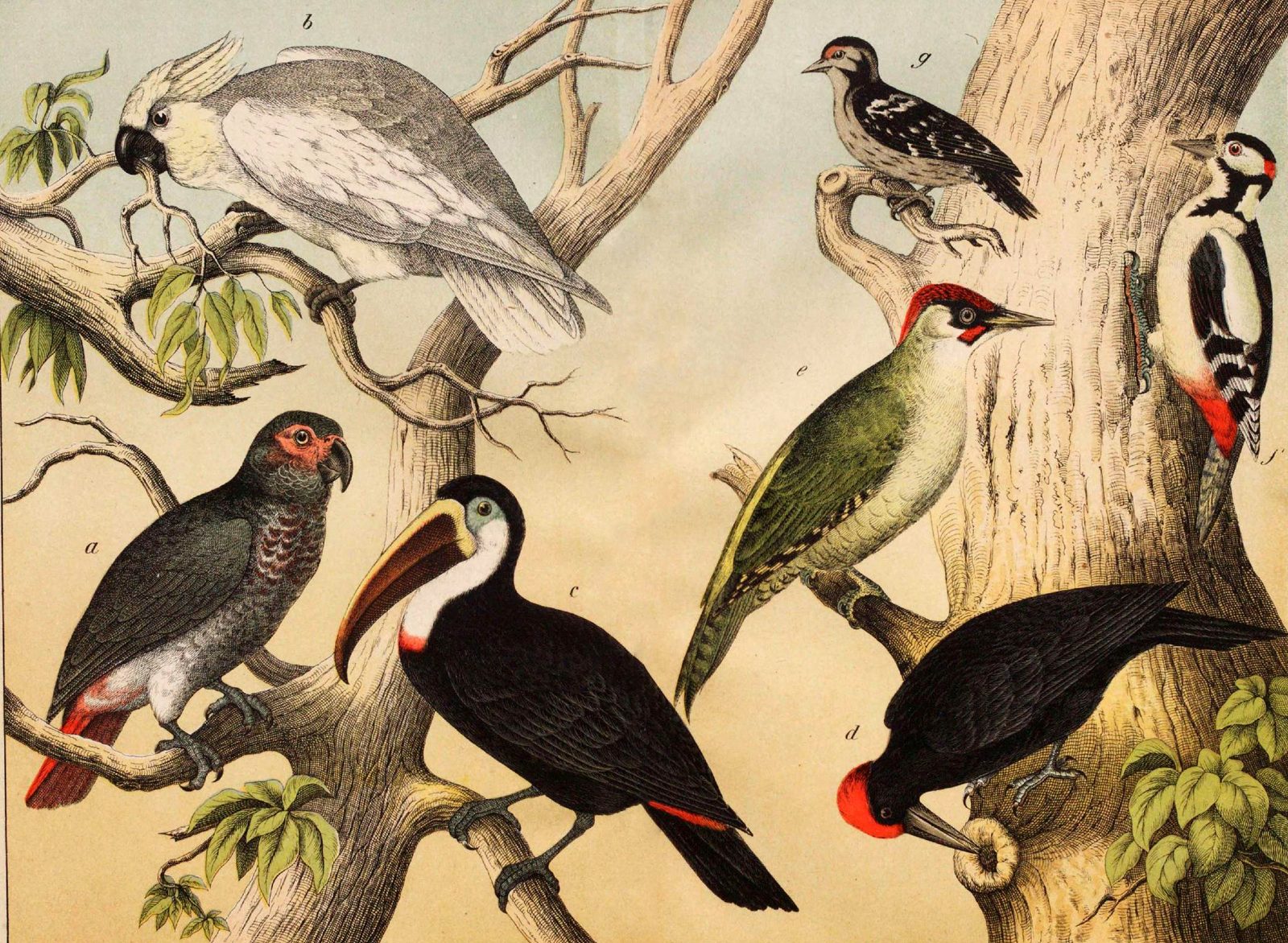
New Book on Thomas Reid’s Common Sense Design Philosophy
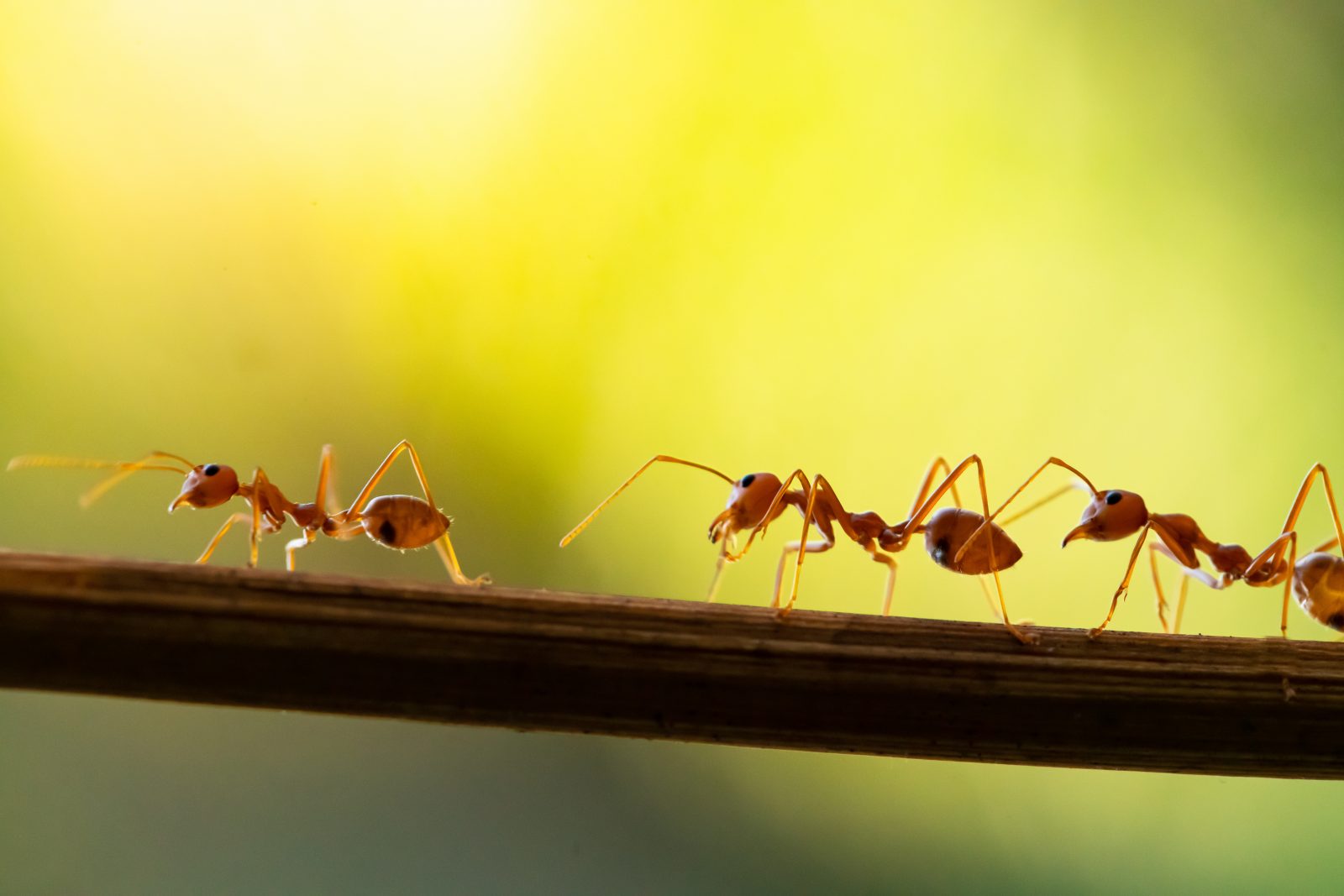
Scott Turner on Purpose in Nature, Part 1
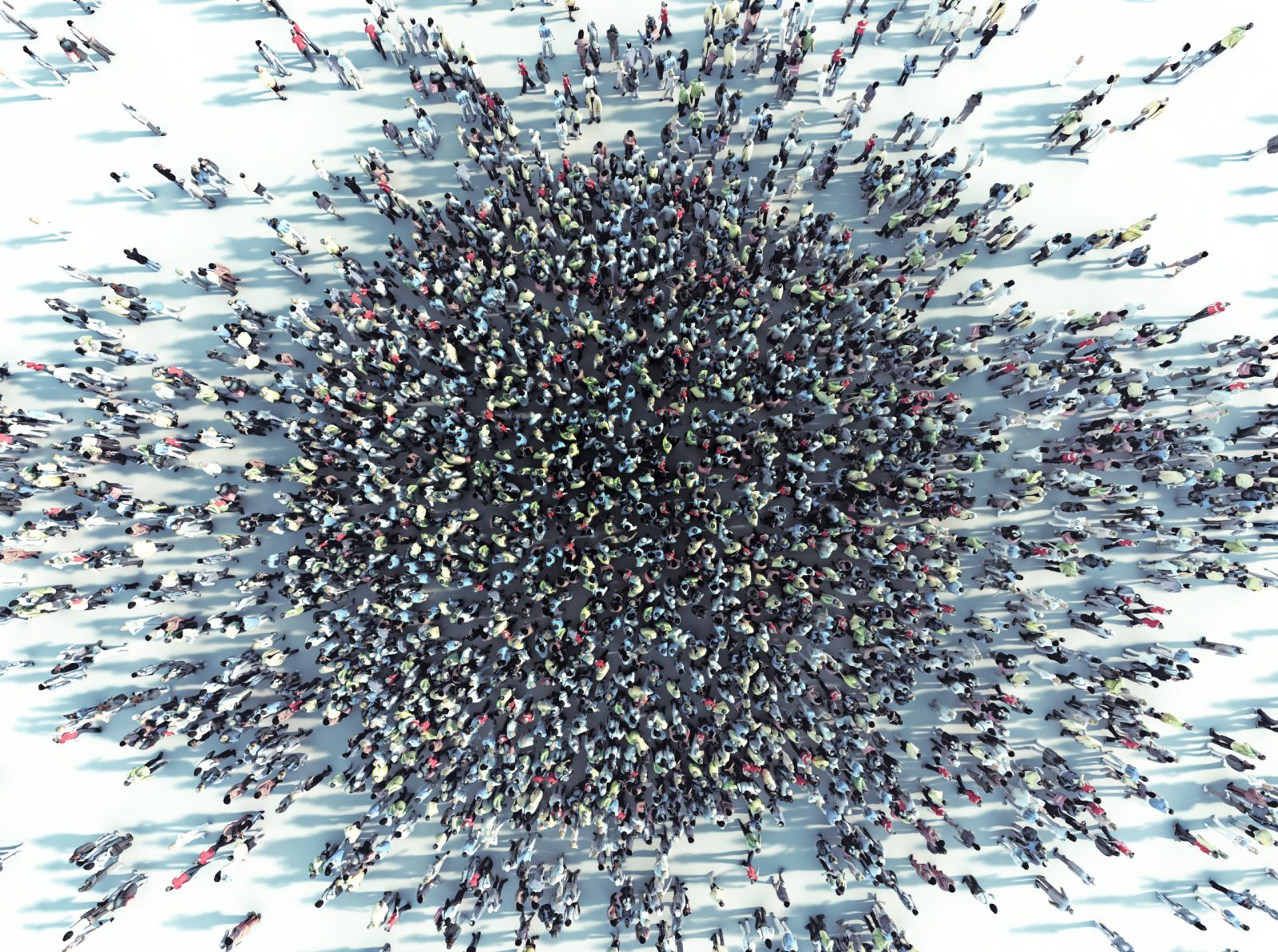
Richard Weikart on Darwinian Racism, Eugenics, and Slavery
